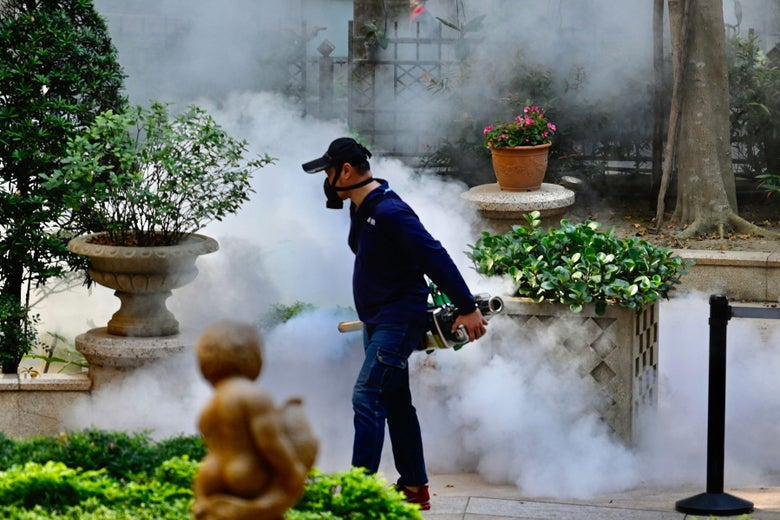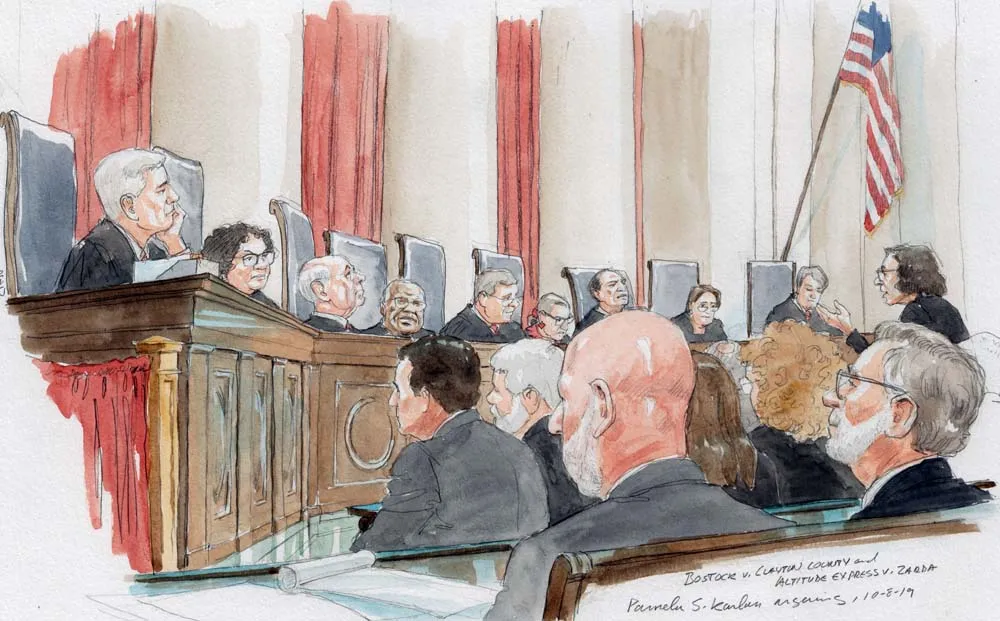
Creator: DKalderon, for OpMed Doximity, ‘This Diversity is Not Real‘
Medicine, and hand-in-hand with it, medical education, have a long history of perpetuating structural and institutional racism, to the direct harm of Black, Indigenous, Latinx and other communities of color. I wrote about my own experience here.This is only my own personal narrative, whereas there is a growing body of research evidence that illustrates racism in medical education occurs across many dimensions, from selective advantages throughout K-12, to college preparation, to admissions processes, during medical school, residency, and among physicians both in- and outside academic medicine.
Below are some – not a literature review- studies on racism in medical school, or what is technically known as “Undergraduate Medical Education,” which were published just in the last few years. I include one from 2007 to remind us all that the passage of time has not led to major improvements.
Finally, it’s important to note that many in academia have provided guidelines on how to improve diversity in medical schools. Here’s one example that could be adapted to target racial equity (not just “diversity”): Young ME, Thomas A, Varpio L, et al. Facilitating admissions of diverse students: A six-point, evidence-informed framework for pipeline and program development. Perspect Med Educ. 2017;6(2):82-90. doi:10.1007/s40037-017-0341-5
And here’s a set of recommendations for reform of AOA elections: Boatright D, O’Connor PG, E Miller J. Racial Privilege and Medical Student Awards: Addressing Racial Disparities in Alpha Omega Alpha Honor Society Membership. J Gen Intern Med. 2020 Aug 31. doi: 10.1007/s11606-020-06161-x. Epub ahead of print. PMID: 32869203.
Racism in Undergraduate Medical Education
Teshome BG, Desai MM, Gross CP, Hill KA, Li F, Samuels EA, Wong AH, Xu Y, Boatright DH. Marginalized identities, mistreatment, discrimination, and burnout among US medical students: cross sectional survey and retrospective cohort study. BMJ. 2022 Mar 22;376:e065984. doi: 10.1136/bmj-2021-065984. PMID: 35318190; PMCID: PMC8938931.
O’Marr JM, Chan SM, Crawford L, Wong AH, Samuels E, Boatright D. Perceptions on Burnout and the Medical School Learning Environment of Medical Students Who Are Underrepresented in Medicine. JAMA Netw Open. 2022;5(2):e220115. doi:10.1001/jamanetworkopen.2022.0115
Weiss J, Balasuriya L, Cramer LD, Nunez-Smith M, Genao I, Gonzalez-Colaso R, Wong AH, Samuels EA, Latimore D, Boatright D, Sharifi M. Medical Students’ Demographic Characteristics and Their Perceptions of Faculty Role Modeling of Respect for Diversity. JAMA Netw Open. 2021 Jun 1;4(6):e2112795. doi: 10.1001/jamanetworkopen.2021.12795. PMID: 34086032; PMCID: PMC8178710.
Anderson N, Lett E, Asabor EN et al. The Association of Microaggressions with Depressive Symptoms and Institutional Satisfaction Among a National Cohort of Medical Students. JGIM 2021. https://doi.org/10.1007/s11606-021-06786-6
Bullock JL, Lockspeier T, del Pino-Jones A, Richards R, Teherani A, Hauer KE. They don’t see a lot of people my color: A mixed methods study of racial/ethnic stereotype threat among medical students on core clerkships. Acad Med. 2020. doi: 10.1097/ACM.0000000000003628
Ackerman-Barger K, Boatright D, Gonzalez-Colaso R, Orozco R, Latimore D. Seeking inclusion excellence: Understanding racial microaggressions as experienced by Underrepresented Medical and Nursing Students. Acad Med. 2020;95(5):758-763. doi:10.1097/ACM.0000000000003077
Hill, Katherine A., et al. Assessment of the prevalence of medical student mistreatment by sex, race/ethnicity, and sexual orientation.” JAMA Internal Medicine. 2020: 653-665. https://jamanetwork.com/journals/jamainternalmedicine/article-abstract/2761274
Wyatt TR, Rockich-Winston N, Taylor TR, White D. What Does Context Have to Do With Anything? A Study of Professional Identity Formation in Physician-Trainees Considered Underrepresented in Medicine. Acad Med. 2020 Oct;95(10):1587-1593. doi: 10.1097/ACM.0000000000003192. PMID: 32079956.
Low D, Pollack SW, Liao ZC, et al. Racial/Ethnic Disparities in Clinical Grading in Medical School. Teach Learn Med. 2019;31(5):487-496. doi:10.1080/10401334.2019.1597724
Espaillat A, Panna DK, Goede DL, Gurka MJ, Novak MA, Zaidi Z. An exploratory study on microaggressions in medical school: What are they and why should we care?. Perspect Med Educ. 2019;8(3):143-151. doi:10.1007/s40037-019-0516-3
Phelan SM, Burke SE, Cunningham BA, et al. The Effects of Racism in Medical Education on Students’ Decisions to Practice in Underserved or Minority Communities. Acad Med. 2019;94(8):1178-1189. doi:10.1097/ACM.0000000000002719
Wijesekera TP, Kim M, Moore EZ, Sorenson O, Ross DA. All Other Things Being Equal: Exploring Racial and Gender Disparities in Medical School Honor Society Induction. Acad Med. 2019;94(4):562-569. doi:10.1097/ACM.0000000000002463
Claridge H, Stone K, Ussher M. The ethnicity attainment gap among medical and biomedical science students: a qualitative study. BMC Med Educ. 2018;18(1):325. Published 2018 Dec 29. doi:10.1186/s12909-018-1426-5
Teherani A, Hauer, K, Fernandez A, King T, Lucey, C. How small differences in assessed clinical performance amplify to large differences in grades and awards: A cascade with serious consequences for students Underrepresented in Medicine. Acad Med. 93(9): 1286-1292 doi: 10.1097/ACM.0000000000002323
Ross DA, Boatright D, Nunez-Smith M, Jordan A, Chekroud A, Moore EZ. Differences in words used to describe racial and gender groups in Medical Student Performance Evaluations. PLoS One. 2017;12(8):e0181659. Published 2017 Aug 9. doi:10.1371/journal.pone.0181659
Boatright D, Ross D, O’Connor P, Moore E, Nunez-Smith M. Racial Disparities in Medical Student Membership in the Alpha Omega Alpha Honor Society. JAMA Intern Med. 2017;177(5):659-665. doi:10.1001/jamainternmed.2016.9623
Hardeman RR, Przedworski JM, Burke S, et al. Association Between Perceived Medical School Diversity Climate and Change in Depressive Symptoms Among Medical Students: A Report from the Medical Student CHANGE Study. J Natl Med Assoc. 2016;108(4):225-235. doi:10.1016/j.jnma.2016.08.005
Burgess DJ, Burke SE, Cunningham BA, et al. Medical students’ learning orientation regarding interracial interactions affects preparedness to care for minority patients: a report from Medical Student CHANGES. BMC Med Educ. 2016;16(1):254. Published 2016 Sep 29. doi:10.1186/s12909-016-0769-z
van Ryn M, Hardeman R, Phelan SM, et al. Medical School Experiences Associated with Change in Implicit Racial Bias Among 3547 Students: A Medical Student CHANGES Study Report. J Gen Intern Med. 2015;30(12):1748-1756. doi:10.1007/s11606-015-3447-7
Ackerman-Barger, Kupiri, Debra Bakerjian, and Darin Latimore. How health professions educators can mitigate underrepresented students’ experiences of marginalization: Stereotype threat, internalized bias, and microaggressions. Journal of Best Practices in Health Professions Diversity 8.2 (2015): 1060-1070.
Sánchez JP, Peters L, Lee-Rey E, et al. Racial and ethnic minority medical students’ perceptions of and interest in careers in academic medicine. Acad Med. 2013;88(9):1299-1307. doi:10.1097/ACM.0b013e31829f87a7
Hung R, McClendon J, Henderson A, Evans Y, Colquitt R, Saha S. Student perspectives on diversity and the cultural climate at a U.S. medical school. Acad Med. 2007;82(2):184-192. doi:10.1097/ACM.0b013e31802d936a


